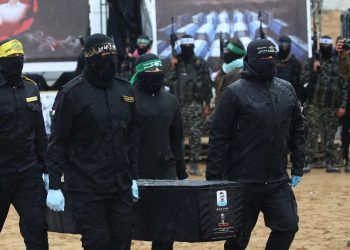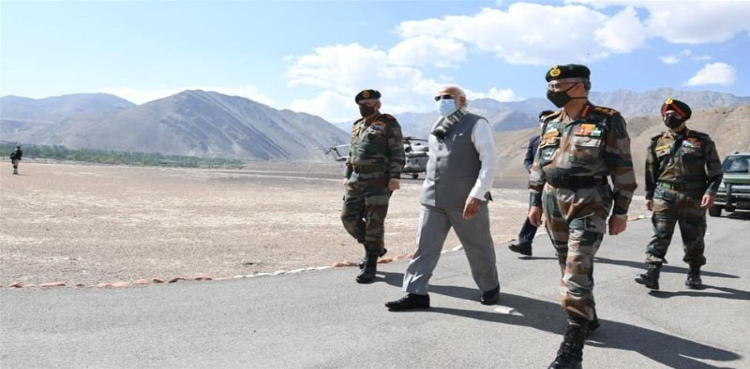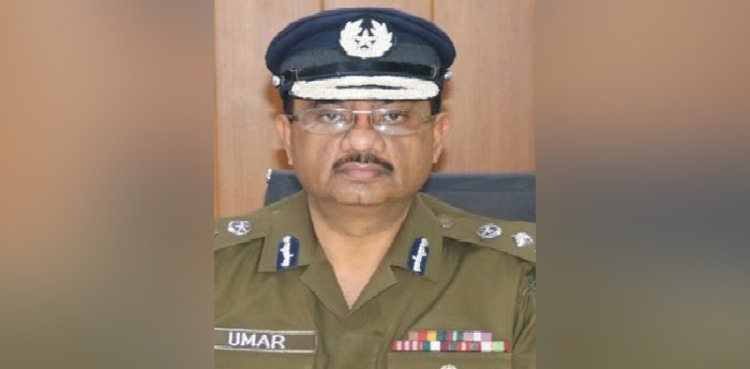Israel has said its operations against Hamas in southern Gaza will soon enter a less intensive phase, after Gaza health ministry reported the death toll in the territory had surpassed 24,000.
More than 100 days into the war, the government of Netanyahu has come under intense international pressure to end the fighting as civilian deaths soar and the humanitarian crisis in Gaza deepens.
At the same time, deadly violence in the occupied West Bank, exchanges of fire over Israel’s border with Lebanon, and strikes by US forces on Iran-backed Yemeni rebels acting in solidarity with Hamas have all raised fears of an escalation beyond the Gaza Strip.
UN chief Antonio Guterres on Monday reiterated calls for a stop in the combat, saying: “We need an immediate humanitarian ceasefire to ensure sufficient aid gets to where it is needed, to facilitate the release of the hostages, to tamp down the flames of wider war — because the longer the conflict in Gaza continues, the greater the risk of escalation and miscalculation.”
Fighting has ravaged Gaza since October 7, when Hamas militants carried out an unprecedented attack on Israel that resulted in about 1,140 deaths, according to an AFP tally based on official Israeli figures.
Militants also dragged about 250 hostages back to Gaza that day, 132 of whom Israel says are still there, including at least 25 believed to have been killed.
As of Monday evening, at least 24,100 Palestinians, around 70 percent of them women, young children and adolescents, had been killed in the Gaza Strip in Israel’s bombardment and ground offensive, according to the health ministry — a figure that would represent roughly one percent of the territory’s population.
Hamas’s press office said Tuesday morning that Israeli strikes had killed another 78 people overnight.
The Israeli military also announced early Tuesday the death of one more soldier in Gaza, bringing the total number killed since its ground invasion began to 189.
With the Israeli army having shifted its focus from Gaza’s devastated north to the southern cities of Khan Yunis and Rafah in recent weeks, Israeli Defence Minister Yoav Gallant told a news conference on Monday that intense operations would soon be winding down there as well.
“We made it clear that the intensive manoeuvring stage would last for approximately three months,” Gallant told a news conference, adding that stage was already being reached in the northern Gaza Strip.
“In southern Gaza we will reach this achievement and it will end soon, and in both places, the moment will come when we will move to the next phase,” he said, without specifying a time frame.
Israel’s army confirmed that one of its four divisions operating in the territory completed its withdrawal on Monday.
However, Israeli officials, including Netanyahu over the weekend, have repeatedly warned the fighting in Gaza will go on for months.
Looking ahead to Gaza’s eventual post-war administration, Gallant said: “Palestinians live in Gaza and therefore Palestinians will govern it in the future. The future Gaza government must grow out of the Gaza Strip.”
The UN says the war has displaced roughly 85 percent of Gaza’s population, many of whom have been forced to crowd into shelters and struggle to get food, water, fuel and medical care.
AFPTV footage showed smoke billowing on Monday over Al-Bureij and Khan Yunis, southern Gaza’s main city, and explosions could be heard from nearby Rafah, on the territory’s southern border with Egypt.













































